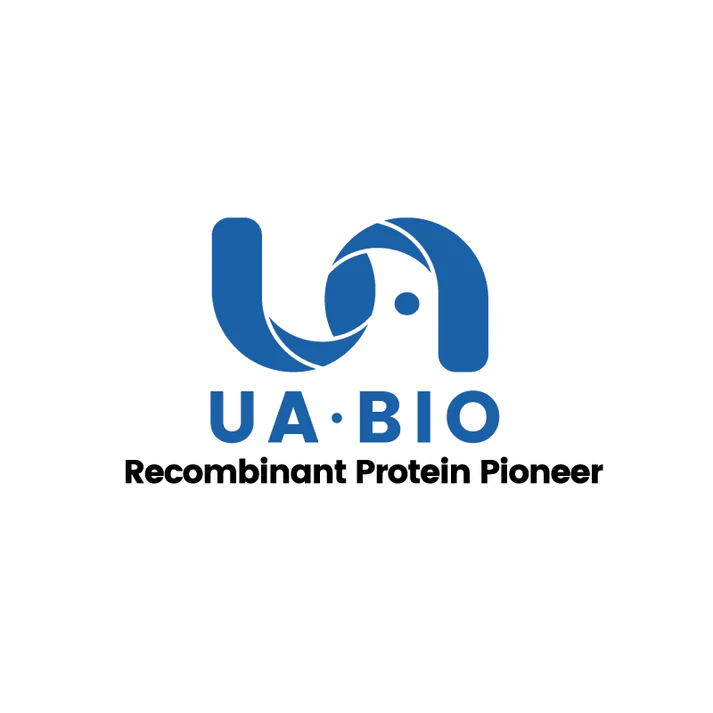1μg (R: reducing condition).
Product Details
Product Details
Product Specification
| Species | Mouse |
| Synonyms | Txgp1; OX40L receptor; ACT35 |
| Accession | P47741 |
| Amino Acid Sequence | Val20-Pro211 with Human IgG1 Fc at C-Terminus |
| Expression System | HEK293 |
| Molecular Weight | 60-72kDa (Reducing) |
| Purity | >95% by SDS-PAGE |
| Endotoxin | <0.1EU/μg |
| Conjugation | Unconjugated |
| Tag | Human IgG1 Fc |
| Physical Appearance | Lyophilized Powder |
| Storage Buffer | PBS, PH7.4 |
| Reconstitution | Reconstitute at 0.1-1 mg/ml according to the size in ultrapure water after rapid centrifugation. |
| Stability & Storage | · 12 months from date of receipt, lyophilized powder stored at -20 to -80℃. |
| Reference | 1. Cancer Res. Roles of OX40 in the pathogenesis and the control of diseases.Int J Hematol . 2006 Jan;83(1):17-22. Toshiyuki Hori. |
Background
OX40 is a member of the tumor necrosis factor receptor superfamily, and its expression is primarily restricted to activated T-cells. The ligation of OX40 during the interaction between T-cells and dendritic cells is crucial for the clonal expansion of antigen-specific T-cells and the generation of T-cell memory. Recent studies using animal models have highlighted the critical role of OX40 in the pathogenesis of various immunologic abnormalities, including inflammatory, autoimmune, infectious, allergic, and allotransplantation-related diseases. Blocking the OX40-OX40L interaction (where OX40L is the ligand of OX40) has been shown to prevent, cure, or ameliorate these diseases. Conversely, OX40 activation is known to disrupt tolerance in malignancies, leading to a reactivation of antitumor immunity. These findings strongly suggest that the OX40/OX40L system is one of the most promising targets for immune intervention in the treatment of these diseases.
Picture
Picture
SDS-PAGE
ELISA
Immobilized OX40 Ligand/TNFSF4 His Tag Protein, Mouse (Cat. No. UA011097) at 2.0μg/mL (100μL/well) can bind OX40/TNFRSF4/CD134 Fc Chimera Protein, Mouse (Cat. No. UA010828) with EC50 of 7.49-15.49 ng/mL.


